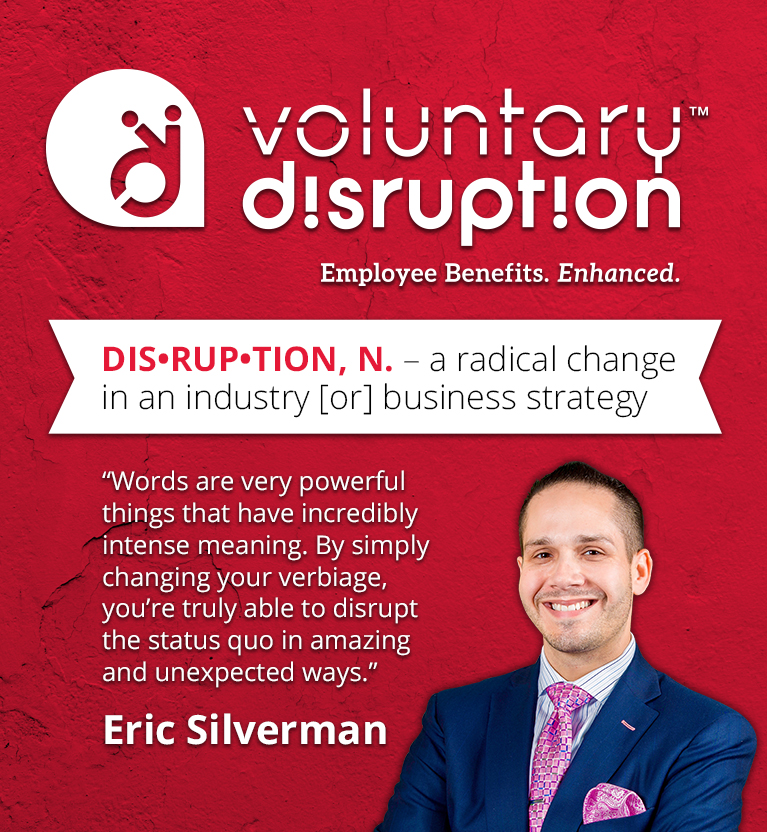Business-oriented reality shows are everywhere illustrating the exciting world of selling real estate, flipping houses, becoming the next apprentice and watching aspiring entrepreneurs seek millionaire partners to invest in their idea. What I don’t see are any reality shows depicting the allure of selling insurance. Why? Because insurance just isn’t very sexy.
Don’t get me wrong. I love insurance and truly believe this industry is one of the best-kept secrets that millennials have yet to discover. In fact, this industry has afforded me opportunities at a very young age that I never would have imagined. Let it be known, though, I didn’t discover the insurance industry. It discovered me.
Ask any child what they want to be when they grow up, and you’ll hear various occupations rattled off, such as professional athlete, celebrity, doctor, lawyer and the obligatory astronaut. What you’ll never hear a child say is: I want to sell insurance when I grow up! Think about when you were a child; did you think that you’d be in the insurance industry of all things? Let alone, selling insurance?
I, for one, never would have guessed that I would land an insurance internship with a Fortune 500 company, learning sales and management from the ground up, and then embarking on an actual career in commission insurance sales.
Sad reality
Recruiting millennials isn’t as complicated as some people may lead you to believe. Notice, however, I didn’t say sit back, and wait for them to come to you. Regardless of how well-known and established your company’s insurance brand is, the majority of millennials are not attracted to the idea of working in the insurance industry, let alone in sales. With that in mind, you must draw college students in, and capture their attention in ways not typically needed by more alluring industries.
Many millennials are told by their college that they must obtain an internship in order to graduate. For the colleges that don’t require an internship, their academic advisers are quick to tell students they should still obtain one anyway so they can garner professional, real-world experience and beef up their resume.
The challenge that most students will tell you after they’ve started a typical internship is that most companies still treat them as college kids, giving them very little responsibility or opportunity to learn and develop professionally. Although having a student spend the majority of their time performing clerical duties is strongly discouraged and should be severely limited to no more than 20% of a student’s week, most students interviewed will still tell you that in their previous internship, they found themselves doing these mundane tasks about 80% of the time.
That describes me to a T. My first internship was with a credit union where I was hired as a marketing intern and told that I’d be an integral part of the marketing department. Unfortunately, I didn’t know any better and quickly found myself spending 80% of my time in the mail room and doing other menial duties that my company didn’t want to pay an employee to do.
Don’t interview. Sell.
Upon completion of my clerical internship, I accidentally happened upon a random interview within the insurance industry, which stood out like none other. My interviewer spent the entire time selling me on how appealing the insurance industry really was and how, when I successfully completed my internship, I wouldn’t leave as some ordinary college kid who gained additional unnecessary clerical experience, but rather I’d leave as a young professional who just happened to be wrapping up my last few credits at the local university. In effect, I wasn’t recruited; I was sold.
Most recruiters are taught to ask poignant questions that allow for candidates to open up and sell themselves to the company on why they’re the next big thing. The challenge with this method is that when you’re recruiting millennials in what’s already perceived as a not-so-sexy industry, you can’t take the same approach that more-appealing industries have the luxury of taking. The person you need to be when recruiting a millennial is not a typical recruiter or interviewer. You need to put your salesperson hat on, and start passionately selling millennials on why the insurance industry is the accidental opportunity of their lifetime.

